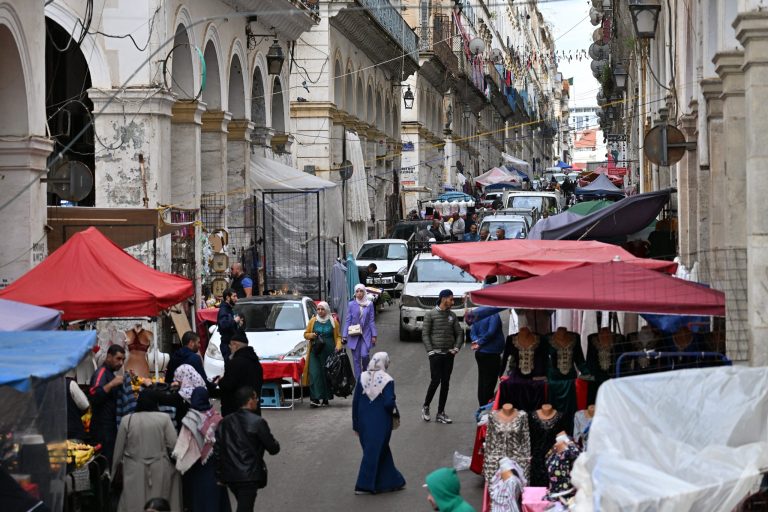São Paulo – The most recent report by the International Monetary Fund (IMF) on Algeria’s economy, released this Thursday (14), estimated the North African country will grow 4.2% this year, driven mainly by hydrocarbons, construction, and services. Inflation, in turn, is projected to remain elevated and expected to end the year at a 9.2% high, pressured by fresh food prices ( pictured above, a bazaar in the capital Algiers).
After visiting Algeria from December 3 to this Thursday, a Fund mission led by Chris Geiregat released a statement with the main conclusions about the local economy. The IMF staff’s assessments also estimated the country would close the year with a budget deficit of 6.7% of the Gross Domestic Product (GDP), partly due to “the increase in the public wage bill, transfers, and investment spending.”
Even with the Algerian economy’s challenges, the FMI said the short-term prospects for the country are “broadly favorable.” “Growth in 2024 is expected to remain robust, inflation to moderate, and the [country’s] current account would record a small surplus as hydrocarbon prices are expected to ease further, and imports would pick up moderately,” said the statement signed by Geiregat.
The Fund also predicted the fiscal deficit would continue to expand, reflecting high costs with civil servant salaries and public investments. The IMF mission recommended a “gradual rebalancing of fiscal policy to contain the projected increase of financing needs and public debt over the medium term.”
Translated by Elúsio Brasileiro




